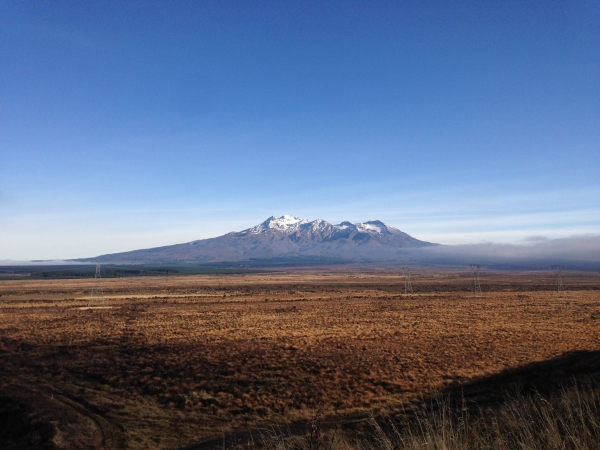Bonjour!
In the April school holidays all the New Zealand and french young ambassadors finally got to meet each other during what was an extremely full-on and exciting week! It was great to see the New Zealand ambassadors again and meet the French ambassadors who were all so friendly and interesting. As part of our visits to various places, we had to teach the french students some New Zealand songs and vice versa which was a cool way for us to share our different cultures with each other. Also, we were all able to learn about the war from another country’s perspective through talking to the French ambassadors and presenting our personal projects to one another which further deepened our understanding of the first world war as a whole. Some of the places we visited as a group during the week included Te Papa, the Great War exhibition and the Waiouru military camp and it was these places that made the week not only fun, but also an educational experience for all. Furthermore, I felt very privileged that I was able to attend the national ANZAC ceremonies in Wellington and it was a good reminder of the whole purpose of our trip; seeing soldiers who have fought made me realise how much they have sacrificed to defend our country and therefore it is important that we come together to acknowledge their efforts and commemorate those who lost their lives.
I enjoyed hosting one of the french students, Virginie, who stayed with my family for the weekend after the week in Wellington. Although the weather wasn’t fantastic, I was able to share my family life and New Zealand culture with her and now I am looking forward to being hosted by her family and another in France where I will be able to experience french family life.
So far, with my research I have found out some more personal information about my great-grandfather John O’Sullivan that reflects his time in the war. For example, he aften ate strange food combinations and my relatives think this is because in the war it didn’t matter what you were eating as long as you were eating. Interestingly enough, he also enjoyed digging and proudly claimed to be able to dig ½ acre a day with a spade which is thought to be linked to how he had to dig trenches in the army. From this, I realise that the war impacted his entire life, even long after the war had finished. John O’Sullivan was a farmer and he led a normal life, however his whole life changed when he had to leave everything he knew and travel on a boat to a foreign land. For me today it is so hard to understand what it must have been like to leave the safety of New Zealand and have to fight in a war in a far away place that they may have been reluctant to become involved in. However, through talking to my relatives I have found out that there was great stigma associated with being a male and not going to war, so most went to war to avoid the shame that was brought about by not going.


